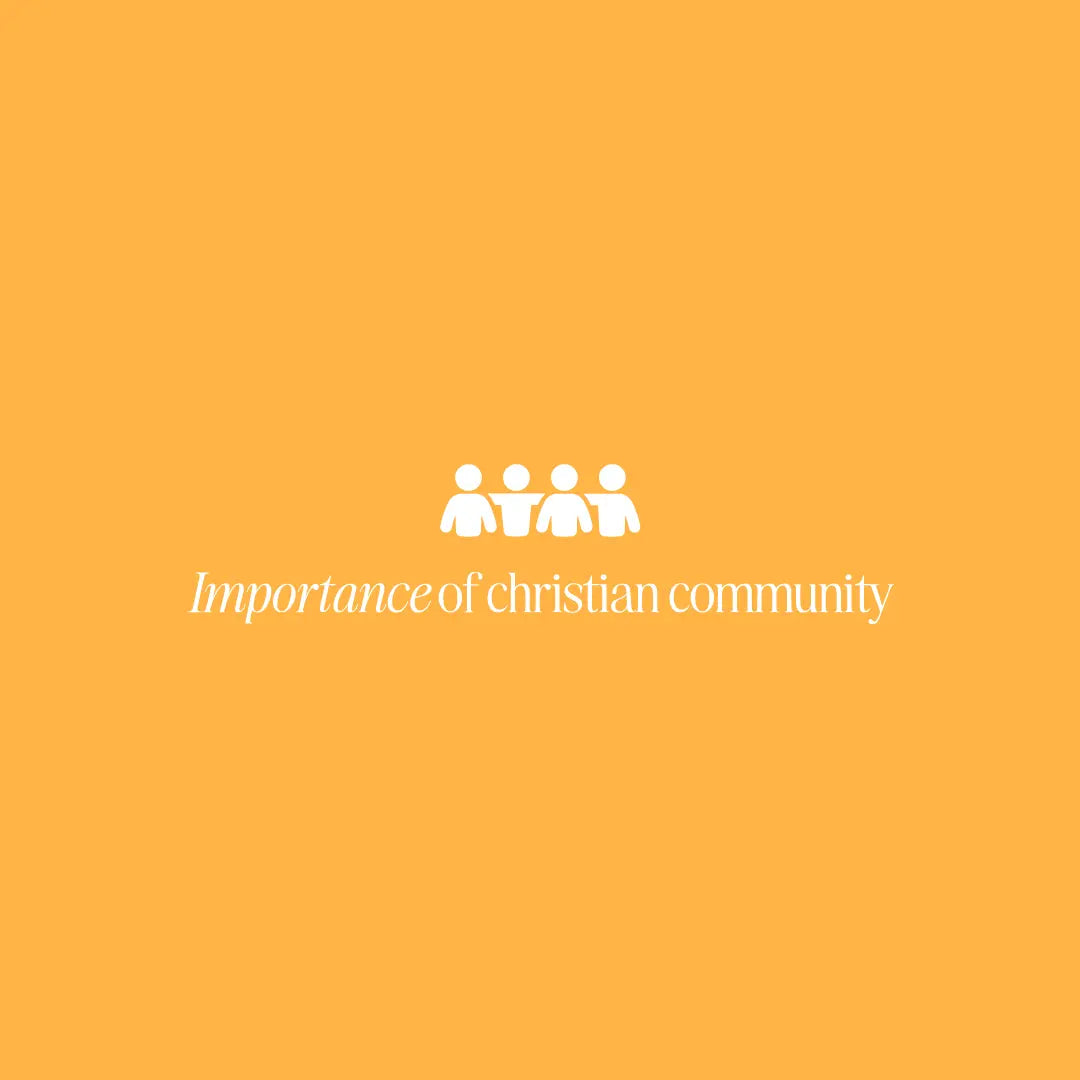The Word Is A Person. Get To Know Him.
The Word Is A Person. Get To Know Him.

“Read the Bible!” “Feed on Scripture!” “Meditate on Truth!” “Wash yourself in the Word!”
So says your parents, your mentors, your pastors, and oftentimes, yourself.
We all know that the word of God is bread for our spirit, just as physical bread feeds our bodies. More than just spirit-food (as if that’s not enough), the Word can potentially sustain, teach, correct, train, refresh, build up, and enrich every aspect of our lives if we allow it. We are what we eat.
Yes, yes, yes. You want to have all the above. But what does ‘feed on’ or ‘meditate' even mean? How do we do these things? How do we reap maximum benefits from it?
Before anything though, where do these principles come from?
The Bible itself. So that’s where we should always start (and end).
-
Get to know Me!
In case you didn’t know, the Word of God is a.k.a. Jesus Christ. He is the Word made flesh (Jn 1:14). Therefore, interacting with the Word is interacting with Christ. Wanna get to know Jesus better? Get into the Word.
Treat the Word like a Person (because He is a Person). Persons have character traits, personalities, will, emotions.
Realising this changes the questions we ask, doesn’t it?
From ‘how do I get the most out of the Word?’ - which is good, but transactional - to ‘how do I build a relationship with the Word?’ How do I get to know Him (not ‘it’) better?
Approaching the Word with that philosophy gets us off on the right foot. Until we see the Word as a Person, we will only always relate to it as a resource.
Until we see the Word as a Person, we will only be capable of attempting to transform our own lives with its wisdom; instead of allowing Jesus, the Word made flesh, to do the transforming.
Here are 5 handles for how we can build our relationship with the Word. I will explain them one by one for ease of understanding, and for you to see how they connect with one another.
Level One: Quality Time
We have limited lifespans, but time is a necessary cost in building any relationship. And it’s no different with the Word.
This is a simple one. Spend quality time with the Word. There’s a bunch of stuff we can do during that time; and I’ll cover that later. But just know that there’s no escaping the expense of time.
So, what do we do as we ‘spend quality time’?
Level Two: Interaction
You can’t really get to know someone without interacting with them, unless you or they are telepaths, in which case, one could argue that you guys would be interacting, just not physically.
What does interaction comprise? A two-way communication, in which what one person says has an effect on the other. Perhaps it almost goes without saying that God can interact with us in such a way that we are changed; transformed.
However, you might think: “God is immutable; He never changes. How can anything we do or say have an effect on Him?”
I never said we could ‘change’ Him. But to have an effect on Him - that’s not only possible, but highly doable (and desirable)! What we cannot change is His character. But through our interactions or heart postures, we certainly have an effect on areas such as His decisions / will (Gen 18:22-33) and His emotions / feelings (Ps 147:11. Zeph 3:17).
By this evidence, we learn the principle that we, God’s children, can interact with Him such that it has an effect on Him.
“Alright, fair. But how do we interact with a book?”
That brings us to the next point (hint: we don’t).
Level 3: Partnership
Certainly we don’t interact with a book like we do a human being. We don’t pick it up and go, “Hey man, what’s up? Oh wait, you ain’t a man, hahaha…”, etc.
We must understand that a person is not the same as a human being. The human is merely the vehicle (aka vessel, body) that contains the person. But who the person is is within. For example, Jesus is a Person, and the vessel of His Personhood when He appeared on earth was in the form of a human being.
This may be over-simplified, but you could see the Bible as a vessel that contains Jesus’ Personhood - His Word, His stories, His thoughts, His feelings, His will, His nature, etc. Even if all the Bibles in the world were burnt, the Word remains, because it exists in spirit. The Word doesn’t die because no more Bibles exist. The Bible is merely a vehicle; the Word it carries is living (Heb 4:12, 2 Tim 3:16). That’s why knowing the Bible doesn’t equate to knowing the Word.
And since God is spirit (Jn 4:24, 2 Cor 3:17), and the Word is spirit (for the Word is God, FYI), we need to partner with God’s spirit form - the Holy Spirit - as we interact with the vessel that is the Bible. John 16:13 tells us that ‘the Spirit of truth’ will ‘guide us into all truth’.
So, as you approach God’s Word:
- Open up your heart in humility and honesty, knowing that there’s always more to receive.
- Invite the Holy Spirit to be present, and to speak to you. Decide to let Him be your partner as you read. The Holy Spirit is a Friend; it’s safe to open up to Him.
- Read the word (using any system you’ve decided on). As you read, converse with the Spirit by asking Him questions and sharing your thoughts; also feel free to emote and feel whatever you might feel. These things matter to Him.
- Take note of any word, phrase, or passage that stands out to you in any way, even slightly. This is one way the Spirit draws your attention to a word for you.
- Meditate on them.
Level 4: Meditation
In the Bible, the word ‘meditation’ was translated from three main root words: the Hebrew hāḡâ and śûaḥ, and the Greek meletaō. I’ll briefly explain them:
- Hāḡâ: to mutter, devise, muse, plot, or growl
- Śûaḥ: to commune, muse, or speak
- Meletaō: to care for, attend to carefully, practise, or devise
In the word ‘meditation’, there is also a connotation of repetition. Here’s a summary of the above definitions: Meditation is an audible, repetition of an idea to oneself, that requires careful attention, deep thought, and practice.
Below is a description of how I personally like to do it.
Repeat it over and over, both in utterance and in my mind. Spend the day thinking about these highlighted words. Ask: how does this apply to me in my current season? How can I ‘attend to’ or ‘practise’ this principle? In what other situations of my life could this be applicable? What does this reveal about the nature of God? Why are these particular words used to illustrate this principle, and not other similar words?
Note down in physical or digital journal / notebook any thoughts you might have about it throughout the day.
Oftentimes the quality of our learning is determined by the quality of the questions we ask. And remember, do all this together with the Holy Spirit.
Level 5: Application
The Lord doesn’t highlight specific principles to you for no reason, for He always speaks in season. There’s something about the word, phrase, or passage you were meditating on that would have a direct impact on your life in the here and now.
As such, take action steps to apply these in-season principles in your daily life.
You may not have gotten all the answers you wanted, because it’s a process of concurrent discovery and application. Revelation and empowerment increases with obedience.
You don’t have to feel a sense of pressure or duty to get it done. It’s not like checking an item off your to-do list. Living out the Word is a process that would last your entire lifetime! It’ll never be ‘checked off’.
We then want to turn this conscious application into a lifestyle, where it becomes second nature; where we live it out without consciously thinking about it. I believe that’s partially what it means to ‘hide’ God’s Word in our heart.
Conclusion
The Word of God is a Person - build that relationship with Him as a Person, not as a book. The Holy Spirit brings revelation and truth to us - much like a secret sauce makes a vegan burger actually taste good (yes, I never thought this was possible).
The Word is powerful - so full of life and light - don’t carry on with life not maximising what you can receive from it. And the reward is more than revelation - it’s deep intimacy with the Word Himself.





Leave a comment
This site is protected by hCaptcha and the hCaptcha Privacy Policy and Terms of Service apply.